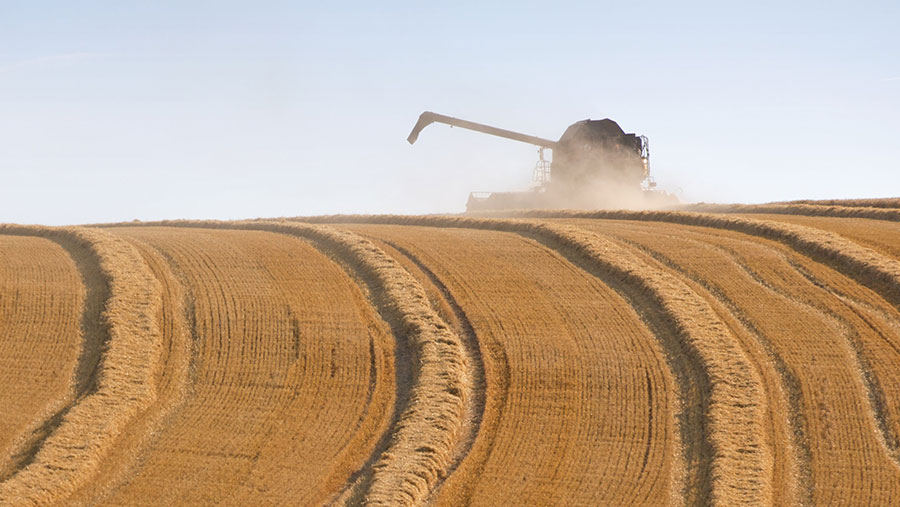Survey shows farm rents are still increasing
 © Juice/REX/Shutterstock
© Juice/REX/Shutterstock A survey by Savills has concluded that farm rents are continuing to move upwards, but the number of rent reviews has declined.
The firm has published the results of its Agricultural Rent Survey for the year ending 31 October 2016, which reveals that where a rent review has been carried out, the majority have resulted in an increase, while 15% led to a standstill and 8% led to a decrease.
However, the survey also shows a significant decline in the number of rent reviews being carried out, with activity estimated to be just one-fifth of that three years ago.
See also: Farm rents fall on back of low commodity prices
Savills’ analysis found the average increase for farms with an Agricultural Holdings Act (AHA) agreement was 7%, although for the majority of AHA holdings the increase was between 0% and 5%.
While rents can range considerably because of land quality, demand, location and the basis of the agreement, the average AHA rent for arable land was £78/acre, while the average AHA livestock rent was £46/acre.
FBT rent increases
The average increase for farm business tenancies (FBT) was 15%, but there was a wide variation in the rent review results.
The average FBT rent after a review for arable land was £111/acre and£87/acre for livestock land.
The survey also showed where a new FBT was agreed, the increase in rent was higher than where the rent was simply reviewed.
Rents for new FBTs were 22% higher on average than they were under the previous letting of the holding, but again there was a wide range in values.
For example, in these cases arable FBTs averaged £148/acre, but more than 16% of arable rents were over £200/acre.
Johnny Dudgeon, director of Savills rural, said: “Where new tenancies were agreed, on average, rents increased by more than achieved by rent reviews.
“This will be as some of the new tenancies were offered by open market tender. Exposure to the market generally leads to a higher increase in rent relative to the previous letting and there is a surprising amount of resilience in the market due to scarcity of supply.”
‘Daunting’ costs
George Dunn, chief executive of the Tenant Farmers Association, said uncertainty over Brexit was one reason for the fall in the number of rent reviews, but “daunting” costs was another.
“Many people are holding off, with a view to a rent review in spring or autumn of 2019, and that looks like a sensible approach at this time,” he said.
“However, the costs of a rent review can also be astronomical. A fully argued arbitration case could cost £50,000-£60,000.”
Mr Dunn said while there were people still willing to bankrupt themselves by bidding “stupid rents” on FBTs, there were now far fewer of them.
The TFA’s own statistics showed that where rents were being reviewed in a regular three-year cycle, they were generally resulting in standstills or reductions.
It was where rents had not been reviewed for 10-12 years that the larger increases were being seen.
“So the figures [from Savills] would indicate that the increases are coming from those rents that haven’t been reviewed for some time,” he said.
